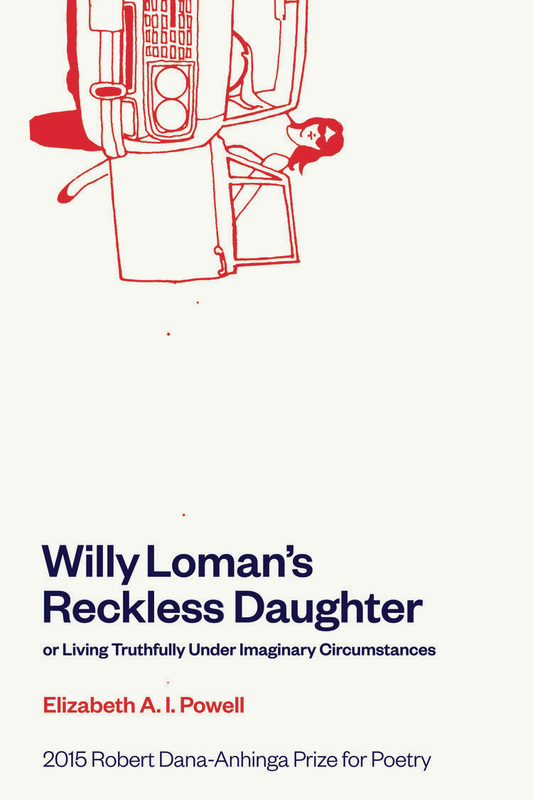

There is something inherently manic about this state, a state that I already know, at two o’clock in the morning, will still be going at four. What you can never do, he added, is predict how those associations will move forward. But is that the right word for what is going on? For the associative jumping from one part of my life to another with no apparent reason or order, for those hundred things that flash across the screen-is it a screen?-of my mind at the speed of thought? I said “no apparent reason or order,” but as William James pointed out, you can always, if you take care and time, map how one association, however seemingly unconnected, sparks the next. Ultimate Glory, his memoir of his years playing ultimate frisbee, is due out in June 2017. And in January 2016 he served as the host of the National Geographic Explorer television show, Call of the Wild, which explored how our constant use of screens is damaging our brains and how nature can be restorative. At UNCW Gessner founded the department’s award-winning literary journal, Ecotone.


He has published essays in many magazines, including Outside Magazine and the New York Times Magazine, and has won the John Burroughs Award for best nature essay, a Pushcart Prize, inclusion in The Best American Nonrequired Reading, and the Association for Study of Literature and the Environment’s award for best book of creative writing in 2011–2012. David Gessner is the author of the New York Times bestseller, All the Wild That Remains: Edward Abbey, Wallace Stegner and the American West, and eight other books, including Return of the Osprey, Sick of Nature, My Green Manifesto, and The Tarball Chronicles.


 0 kommentar(er)
0 kommentar(er)
